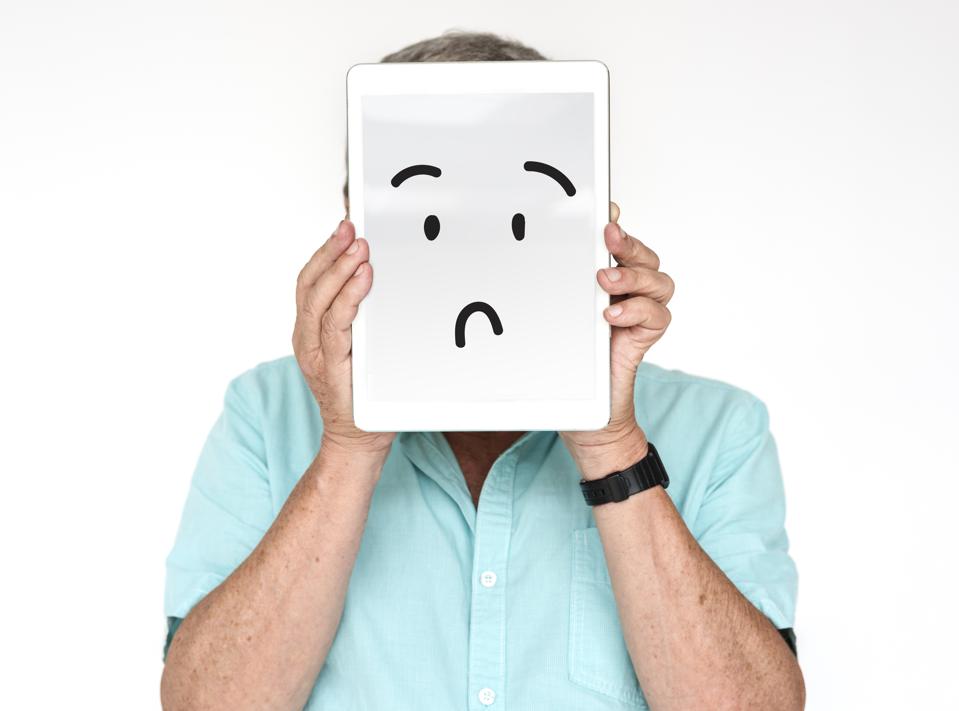
An Irish regulatory watchdog, which will police all video content on the world’s biggest social media platforms, has set out the new powers it will use to combat harmful video content online.
The Broadcasting Authority of Ireland, which currently regulates Irish commercial radio and television as well as RTE and TG4, will now regulate video content on Facebook, Twitter and YouTube in Ireland and across Europe.
As the world’s largest social media platforms are based in Ireland, the BAI will now expand its reach across the continent and be responsible for new rules for most video content on social media sites.
The rules will require age verification, parental controls and a ‘robust’ complaints mechanism, according to BAI proposals to Government seen by the Sunday Independent.
There is growing pressure in Europe for Ireland to implement these new EU rules amid deepening concern over content on such platforms.
Social media content came into sharp focus in Ireland last week, following the verdict in the Ana Kriegel murder case. Facebook and Twitter were ordered to take down material identifying Boy A and Boy B.
It also emerged during legal argument, published after the trial, that one of the 14-year-old boys had a significant volume of pornographic images on his phone. This raised concerns about the type of material young people can now easily access online.
In its submission, the BAI seeks to become an enlarged Media Commission with “significant” investigatory and compliance powers.
It would be a statutory regulator with legally enshrined enforcement powers to police the social media sites’ video content. Criminal sanctions and fines would be introduced for the most serious cases, under the BAI plan. The rules have to be in place by September 2020. This is the first time that a state regulator will have powers to police harmful content on social media giants like Facebook and Twitter.
The BAI also recommends that an Irish Online Safety Commissioner, as proposed earlier this year by Communications Minister Richard Bruton, would form part of the enlarged regulator.
The BAI proposes that the Online Safety Commissioner should have three primary responsibilities: serving removal notices on behalf of Irish residents that have been directly affected by harmful online content; enforcing online safety codes; promoting online safety. This is a national initiative focused on individual harm such as bullying and is separate from the EU-wide regulation of video content.
The new EU rules will police video images for the first time, but will not deal with comments or photographs. However, the BAI noted that the new EU rules coincided with “the international consensus on the urgent necessity to address the issue of harmful content”.
“By virtue of the media platform based here, Ireland is in a unique position to lead the debate and chart the way forward in relation to online safety and regulation,” says the document which was circulated among European regulators last Friday.
Michael O’Keeffe, CEO of the BAI, told the Sunday Independent: “There will definitely be pressure on Ireland because Facebook, Google (owner of YouTube), Twitter… all of them are here.
“We would be suggesting things like age verification systems, and content rating systems. And a robust complaints resolution system.
“Given the size and the scale of the content, you have to put the onus on the companies.”
Child protection, incitement to hatred, criminal offences, terrorism and advertising are in the firing line under the EU proposals. The proposed regulations have been balanced by freedom of expression concerns, said O’Keeffe.
Given the scale of the material on the media platforms, the BAI recommends ‘high level rules and regulation’ with the regulator policing the implementation of these rules.
The social media companies will have to retain independent decision-makers for escalated complaints and these people will be monitored by the regulator, under the proposals.
These decision-makers would have the right to make protected disclosures to the regulator.
“The regulator’s role then is to oversee the system,” said O’Keeffe. “The regulator would be able to intervene when it feels there is a need for intervention.”
The BAI proposes an out-of-court dispute mechanism with an adjudicator, financial penalties and the powers to order the companies to supply data and information.
The video-sharing platforms would be required to provide regular compliance reports to the regulator. If the watchdog was not satisfied, it would carry out its own independent assessment.
The new rules are laid out in broad terms in the revised EU Audio Visual Media Services (AVMS) Directive which was agreed by member states last year. It is up to the Irish Government to introduce the legislation to implement the rules here and its views may vary from the BAI’s recommendation.
The BAI has already held preliminary discussions with Facebook and other video sharing platforms on the issue.
The BAI said a proposal by the Department of Communications to extend the AVMS rules to all user-generated content would need to be given detailed consideration given that there are “issues of very significant complexity and scale in applying the provisions as proposed”.
The new regulator will also oversee on-demand services such as the Virgin and RTE players.
Apple TV will also come under its remit and will face a levy here, the BAI recommends. Details of the levy will need further consideration, it said.
It is possible that new levies could be passed on to consumers.
[“source=independent”]







